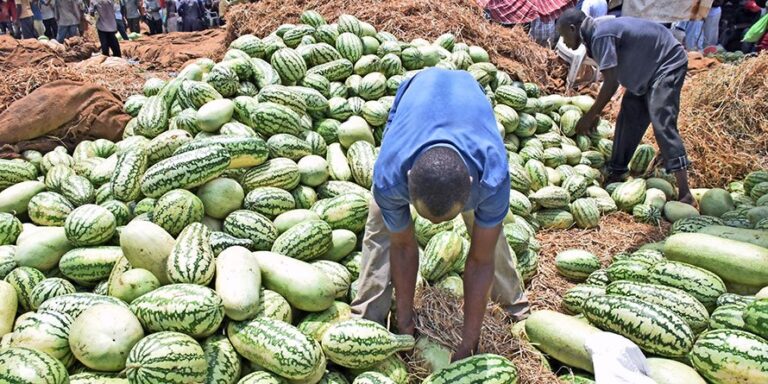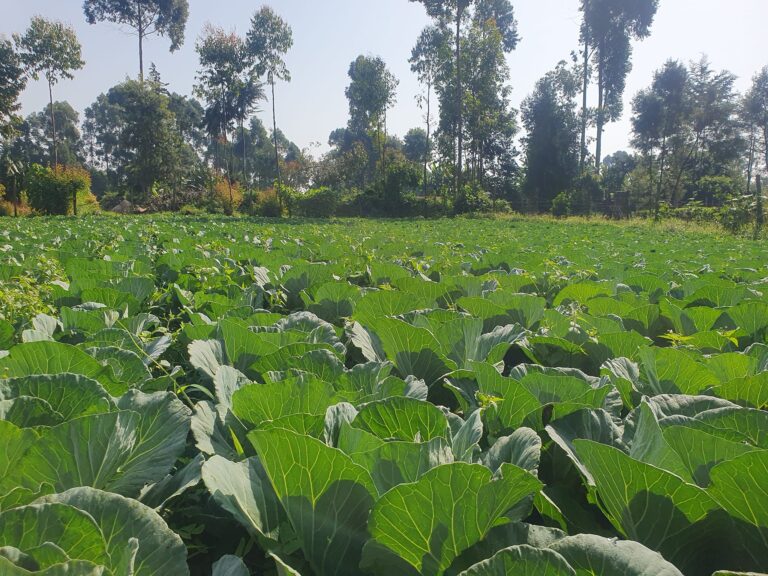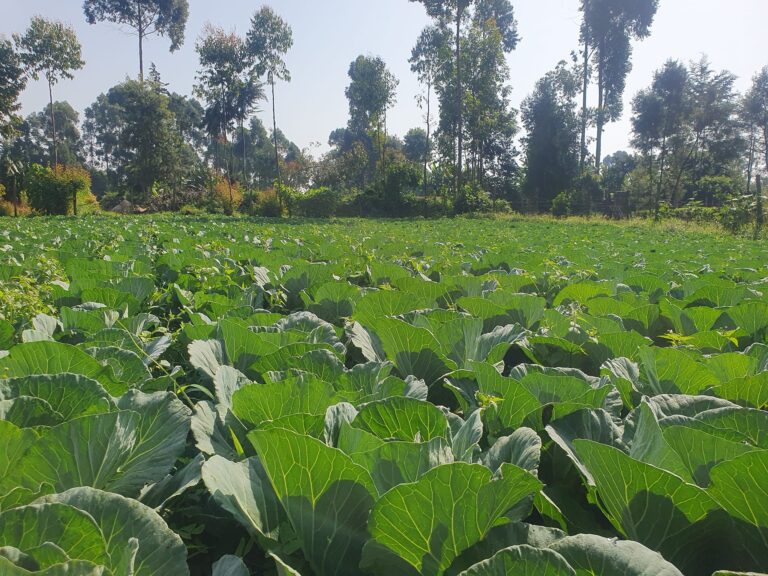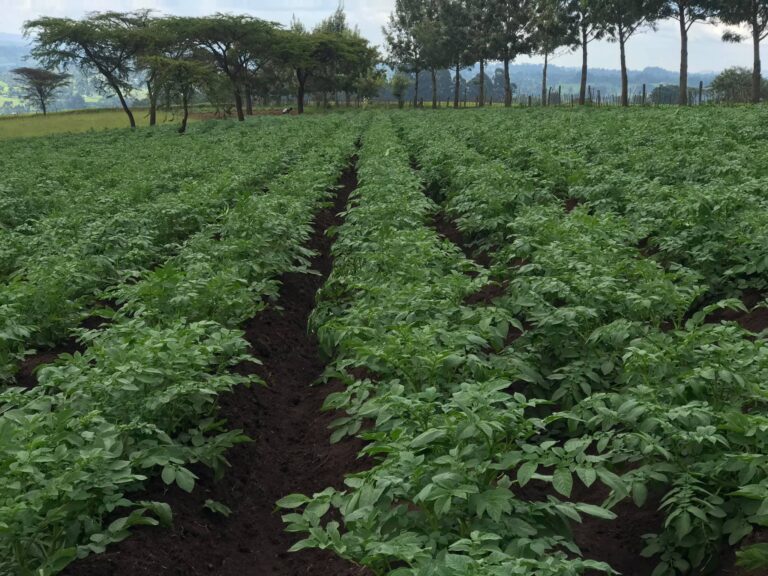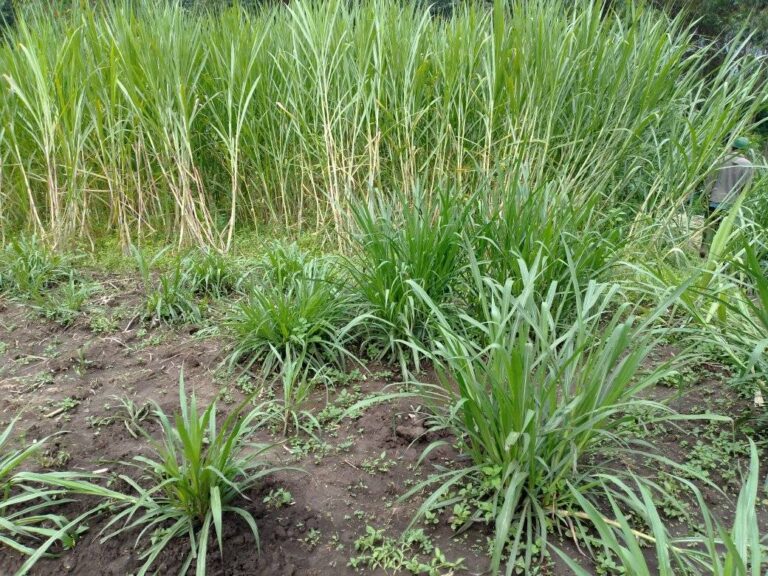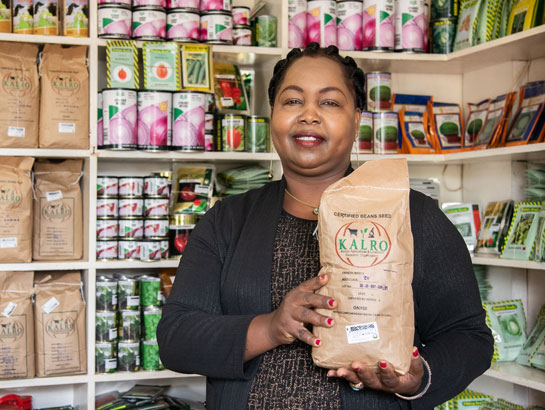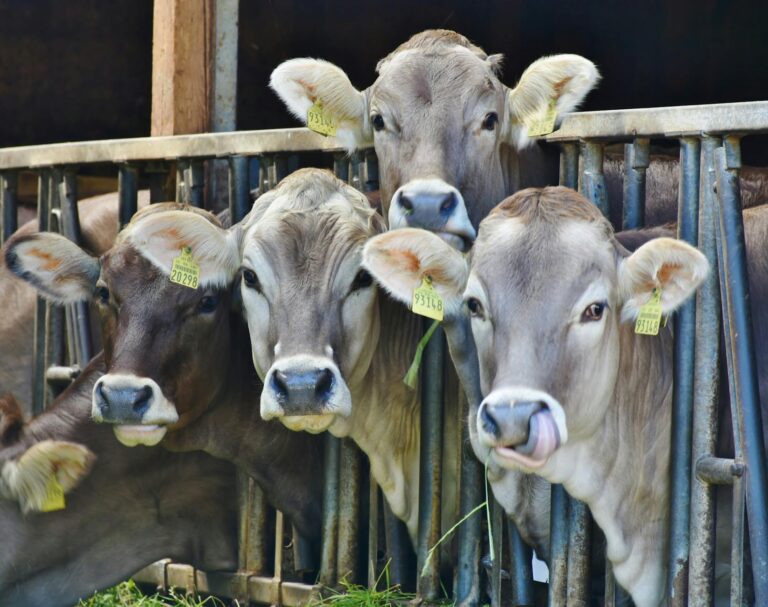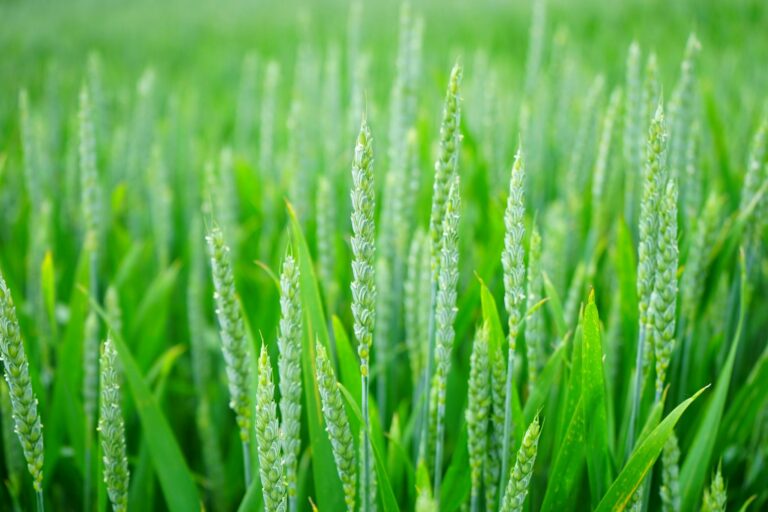How Profitable is Watermelon Farming in Kenya?
How Profitable is Watermelon Farming in Kenya? Watermelon farming in Kenya is highly profitable due to favorable climatic conditions and increasing market demand. Proper management of seeds, spacing, water supply, and pest control is crucial for maximizing yields and profitability. Watermelon farming in Kenya has emerged as a lucrative venture, driven by favorable climatic conditions…
